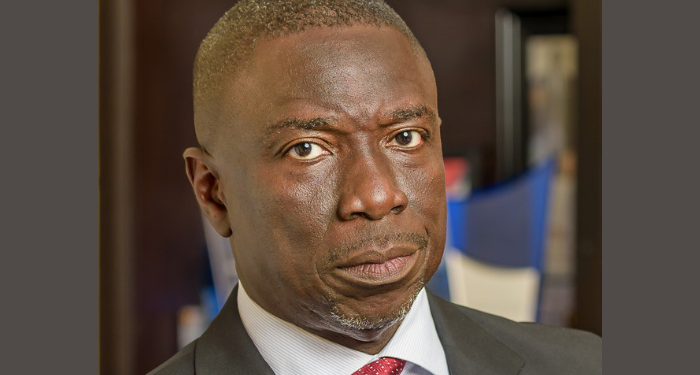For many people, Ewohimi just came to the limelight in the wake of the political campaign for the 2024 governorship election of Edo state.
But the truth is that Ewohimi has been there and has remained as old as many Esan towns.
The town was founded by a man named Ikhimi. The only signs of government presence in this rusty town include Ewohimi General Hospital, Ewohimi water project, three government secondary schools, and the well-constructed network of roads credited to former Governor Adams Oshiomhole.
Beyond that, Ewohimi has potential for development because of its peculiar location, tucked between Edo and Delta states. Vehicles commuting between the South-East and the northern part of Nigeria, especially Abuja, have found Ewohimi as a friendly spot to ease up and relax before proceeding on journeys. But the required development has evaded this town that parades colonial houses.
Among the notable personalities known and attached to this community include Solomon Aguele, Ken Imasuangbon, and Nicholas Felix. It was a surprise that one of the frontline contenders for the office of Governor, Asuelimen Ighodalo, was a native of this community.
Asuelimen, popularly called Asue, has been chairman of Nigerian Breweries Plc, Sterling Bank, and has sat on the boards of many blue-chip companies.
At 65 years of age, the PDP governorship candidate does not know how to speak in his native Esan dialect and has never visited the town, nor does he even know how to greet in the Esan language.
He was also a very close ally of the incumbent Governor Godwin Obaseki of Edo state and has served as his head of the economic team for almost 8 years.
He probably was there when Adams Oshiomhole was governor, too.
In a recent inauguration event held in Benin city, Adams Oshiomhole claimed that he was more Ewohimi than Asue, because his late wife hails from there, he speaks paltry Esan language, his biological children have ancestry there and he has slept and eaten in Ewohimi.
As governor, the Oshiomhole administration constructed a good network of roads in the community. Asue who at 65 years of age can not speak passable Esan language is now back to the community, speaking through an interpreter language and begging them that he is one of them.
Ewohimi elites have remained recalcitrant to this newfound indigene. They have called him a political son of Ewohimi, who only recognized them because of political expediency.
Some of them have argued that Asue like his brother, Ituah Ighodalo, a prominent pastor in Lagos, were some of those who called their kinsmen witches and wizards which was the reason they have distanced themselves from their community since they were born.
Okpiahor Osimen, a teacher in Ewohimi, said they never knew they had a man from Ewohimi in Government House, Benin City, for the past eight years when their people were dying from kidnappers and other problems and cried for government assistance.
According to him, Ewohimi was never in the table of Governor Obaseki as nothing came to the community in the past eight years, yet they had a son at the top level in government.
“The last time we ever saw a governor in this town was during Oshiomhole’s era. Even the state water project has been abandoned. No water, no light, no police station, and nothing to show that Ewohimi was ever mentioned in Government House.”
That is the reason he says there is strong resistance among Ewohimi people against the Asue project.
Osimen, who swore that he will never support the PDP candidate in the September election, confirmed what Oshiomhole told his supporters in Benin city a few days ago.
How can I support a man who never called me his brother but saw me and my people as witches and wizards?
According to him, he may sway our poor people with money because they have come to this town with plenty of money, but at the end of the day, he will not win our support. We will not be too gullible to vote for one emergency son of the soil. We are witches and wizards, and we will not support him with our witches and wizards votes.
ABOUT THE AUTHOR
Mike Izekor writes from Okaigben in Ewohimi, Edo State








